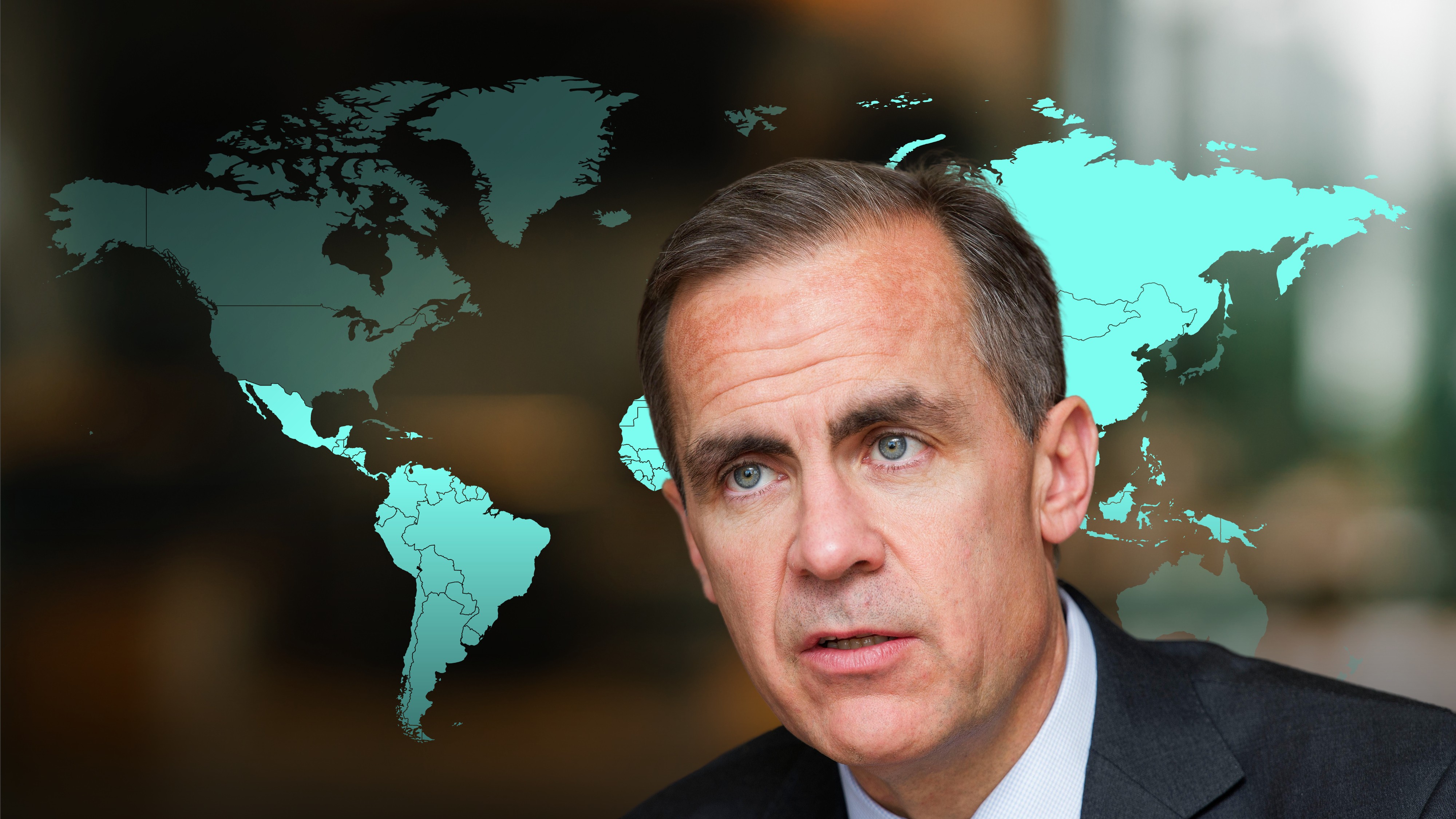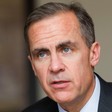
Mobilising the Finance Sector to Net Zero

Mark Carney
UN Special Envoy on Climate Action and Finance
To reach the $100-150tn required to meet net zero, significant commitments will need to be made over the coming years. New initiatives are starting up to encourage this investment such as GFANZ. This video outlines the commitments to reach net zero and further highlights how we can get the money where it is needed.

To reach the $100-150tn required to meet net zero, significant commitments will need to be made over the coming years. New initiatives are starting up to encourage this investment such as GFANZ. This video outlines the commitments to reach net zero and further highlights how we can get the money where it is needed.
Subscribe to watch
Access this and all of the content on our platform by signing up for a 7-day free trial.

Mobilising the Finance Sector to Net Zero
7 mins 13 secs
Key learning objectives:
Outline the commitments to reach net zero
Discuss how we can get the money where it is needed
Overview:
The $100-150tn required to meet net zero will require an overhaul of the financial system. Significant commitments will need to be made over the coming years from every country. New initiatives, such as GFANZ, are starting to encourage this investment. However, even if we have all of the money required, we still need to get it to where it is needed the most, Emerging and Developing Economies. This can only be done with a radical change to the international financial architecture.
Subscribe to watch
Access this and all of the content on our platform by signing up for a 7-day free trial.
What are the commitments towards climate change?
The Glasgow Financial Alliance for Net Zero (GFANZ) has the aim of bringing together existing and new net zero financial initiatives in one sector-wide coalition. At the start of 2020 their members had just $5 trillion worth of assets, now their members include assets of over $150 trillion.
GFANZ is the gold standard for climate commitments, ensuring that any pledges are in line with the science on climate change and anchored in the UN’s Race to Zero.
Commitments firms make when joining GFANZ include managing investment, lending, insurance underwriting and financial services to net zero by 5050. They will set interim targets of the 50% reductions in emissions by 2030 and outline 5-year decarbonisation plans.
How do we get the money where it is needed?
Whilst financial commitments have nearly reached the level they need to be, however, it isn’t targetted where it is needed the most, Emerging and Developing Economies.
- Scale-up blended finance
- Create country COP platforms.
- Build a new market for carbon credits
Scaling up blended finance:
At present, this type of lending has only catalysed modest mobilisation with only $8bn directly mobilised in 2019, just 11% of total climate finance from advanced to developing economies. These orders of magnitude must change. Multilateral Development banks should identify and be prepared to dramatically scale up blended finance vehicles, instruments and facilities.
Create country COP platforms:
There have been private sector initiatives that have focused on bringing private investors together with investable projects and developing the right enabling environments in EMDEs. We now have an opportunity to combine these efforts and link them to NDC commitments to supercharge climate flows.
Build a new market for carbon credits:
On their path to net zero companies should compensate for the emissions they have, through nature-based solutions and breakthrough technologies.
The market for carbon offsets is fragmented, of uneven quality and worth about $1bn per year, this market could quickly grow to over $100bn per year and facilitate major cross border capital flows.
Subscribe to watch
Access this and all of the content on our platform by signing up for a 7-day free trial.

Mark Carney
There are no available Videos from "Mark Carney"


























